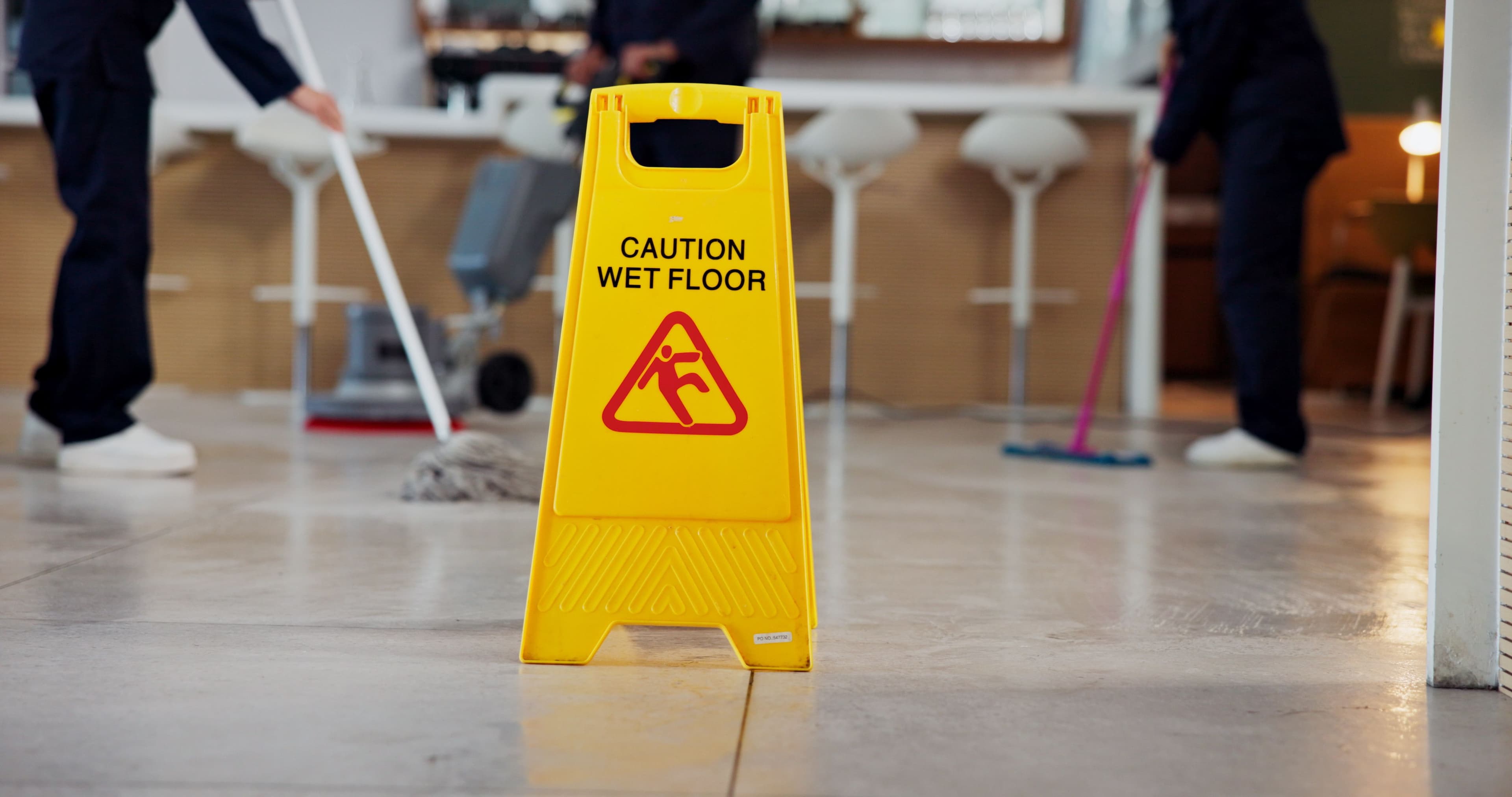


Learn how to prove negligence in a Wisconsin slip and fall case. Trial Lawyers of Wisconsin explains property owner duties, key evidence, and how to secure full compensation for your injuries.
A slip and fall can happen anywhere — at a grocery store, restaurant, apartment complex, or even a public sidewalk. What may seem like a minor accident can quickly turn into a life-changing event, leaving victims with serious injuries, medical bills, and long recovery periods.
Under Wisconsin law, property owners have a duty to keep their premises safe for lawful visitors. When they fail to do so, and someone gets hurt as a result, they can be held liable for negligence. But proving negligence in a slip and fall case isn’t always straightforward.
At Trial Lawyers of Wisconsin, we’ve spent more than three decades helping injured clients recover compensation for unsafe property conditions. Our attorneys understand the legal standards, evidence requirements, and strategies needed to win even the toughest premises liability cases.
Here’s what every Wisconsin resident should know about proving negligence in a slip and fall claim.
Slip and fall cases fall under a broader area of law known as premises liability. This means that property owners — whether they own a business, rental property, or public facility — must take reasonable steps to ensure their property is safe for visitors.
In Wisconsin, the duty of care owed by a property owner depends on who the visitor is:
If a property owner knew — or should have known — about a hazardous condition and failed to fix it or warn visitors, they may be negligent under Wisconsin law.
To win a slip and fall claim, you must prove four key elements:
This may sound simple, but in practice, insurance companies often deny liability by arguing the hazard was “open and obvious” or that the victim was careless. That’s why detailed evidence and skilled legal representation are critical.
Slip and fall incidents can occur almost anywhere, and they often result from preventable hazards, including:
When these conditions exist because of property owner negligence, the victim has the right to pursue compensation.
Wisconsin law requires property owners to routinely inspect their premises and address hazards in a timely manner. This means they can’t ignore problems like leaks, spills, or uneven surfaces — especially when they knew (or should have known) about them.
For example:
At Trial Lawyers of Wisconsin, we investigate every detail to determine when the hazard arose, how long it existed, and whether the owner took reasonable steps to fix or warn about it.
Evidence is the cornerstone of any successful slip and fall case. Our attorneys move quickly to preserve and document all available proof, including:
We also work with safety experts and engineers to analyze the property’s condition and determine whether it violated building codes or safety standards. This technical evidence can be decisive in proving negligence.
Wisconsin uses a comparative negligence system, which means that your compensation can be reduced if you are found partially responsible for the accident.
For example:
Insurance companies frequently exploit this rule, arguing that victims were “not paying attention” or “should have seen the hazard.”
The attorneys at Trial Lawyers of Wisconsin know how to counter these tactics. We build strong cases that minimize any fault assigned to you and emphasize the property owner’s legal responsibilities.
Victims of slip and fall accidents may be entitled to recover damages for both economic and non-economic losses, including:
In cases involving fatal injuries, families may pursue wrongful death claims for funeral expenses and loss of companionship.
Defendants in slip and fall cases — and their insurers — often rely on common defenses to avoid liability, such as:
Our attorneys are experienced in dismantling these defenses through evidence, expert testimony, and strategic cross-examination. We ensure the focus remains where it belongs — on the owner’s failure to maintain a safe property.
Slip and fall cases are more complex than they appear. Property owners often deny fault, witnesses may be hard to locate, and physical evidence can disappear quickly as hazards are repaired.
That’s why you need a law firm that acts fast and has the resources to investigate thoroughly. Trial Lawyers of Wisconsin combines decades of experience with cutting-edge litigation techniques to give clients every possible advantage.
We prepare each case with the intention of going to trial — a strategy that consistently leads to stronger settlements and higher compensation for our clients.
Since 1990, we’ve represented injured clients throughout Wisconsin with one mission: to hold negligent parties accountable and restore balance for victims.
When you choose Trial Lawyers of Wisconsin, you get:
We have the financial strength, investigative resources, and courtroom skill to take on even the most complex premises liability cases — and win.
A slip and fall accident can happen in seconds, but the impact can last a lifetime. When property owners fail to keep their premises safe, they must be held accountable.
Proving negligence in a Wisconsin slip and fall case requires careful investigation, detailed evidence, and skilled legal advocacy.
The attorneys at Trial Lawyers of Wisconsin have the experience, dedication, and resources to guide you through every step — from investigation to trial — and fight for the justice and compensation you deserve.
If you’ve been injured in a slip and fall accident, contact Trial Lawyers of Wisconsin today for a free consultation. We’ll stand up for your rights and help you rebuild your life.